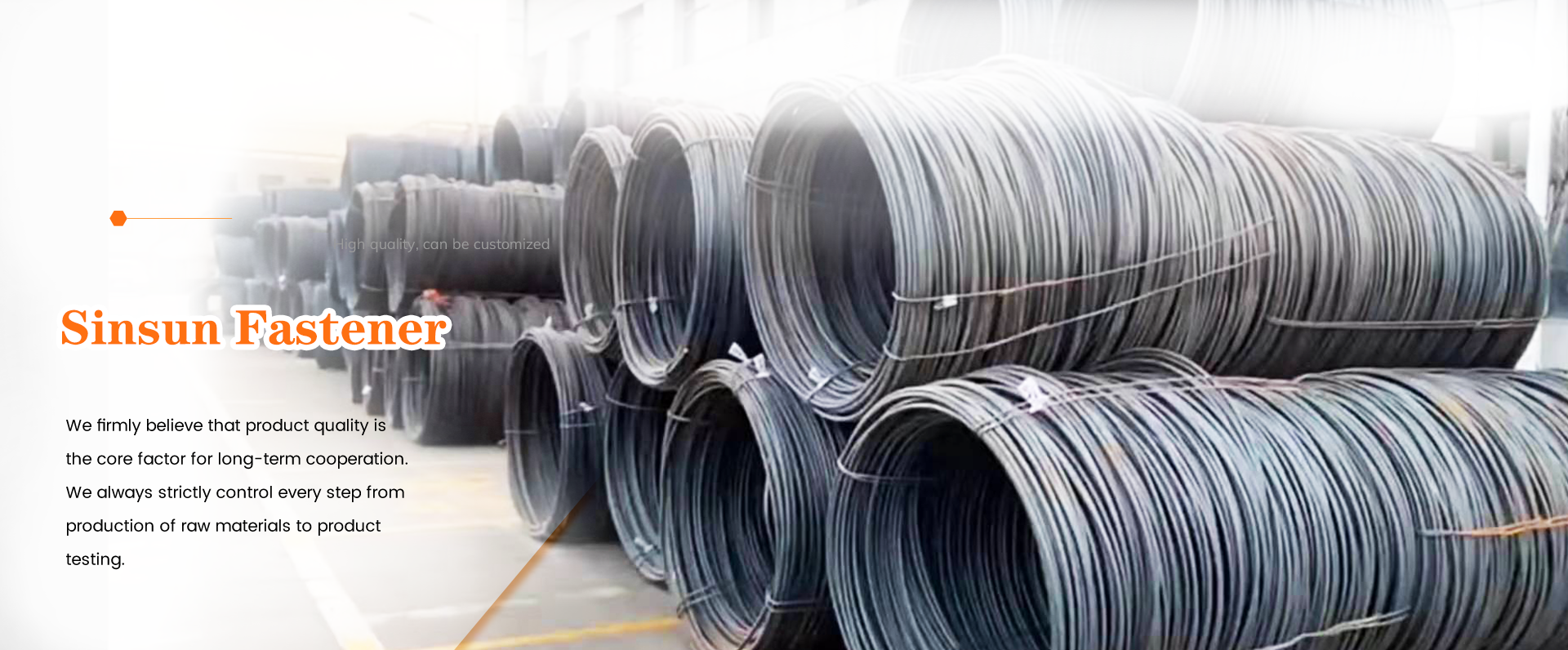Drywall screws are an essential component in construction and home improvement projects. They are specifically designed to attach drywall sheets to wooden or metal studs, providing a secure and durable connection. However, occasionally, drywall screws can break during installation or afterwards, leaving homeowners and contractors wondering why this happens. In this article, we will explore the various factors that can contribute to the breakage of drywall screws and how they can be avoided.

One of the primary reasons for drywall screw breakage is inadequate heat treatment during the manufacturing process. Heat treatment is a critical step in the production of screws as it enhances their strength and resistance to stress. However, if the heat treatment is not done correctly or is insufficient, it can lead to screws that are more prone to breakage under normal operating conditions. Therefore, it is essential to choose drywall screws that undergo proper heat treatment to ensure their durability and reliability.
Another factor that can cause drywall screws to break is the quality of the raw materials used in their production. High-quality raw materials, such as C1022A steel, offer superior strength and durability. Screws manufactured using these materials are less likely to break during use. On the other hand, using subpar materials can compromise the structural integrity of the screws, making them more susceptible to breakage. Therefore, it is crucial to select drywall screws made from high-quality raw materials to minimize the risk of failure.
While drywall screws need to be strong, they must also be flexible enough to withstand the stresses during installation. If screws are too brittle, they can break when exposed to excessive force, such as over-tightening. Over-tightening occurs when screws are driven too far into the material, exerting unnecessary pressure. This can lead to stress concentrations within the screw, increasing the likelihood of breakage. It is important to follow the recommended torque specifications when installing drywall screws to avoid over-tightening and subsequent breakage.
Choosing the correct size of drywall screws is crucial to avoid breakage as well. Using screws that are either too long or too short can result in insufficient holding power or excessive stresses, respectively. When screws are too long, they can penetrate through the drywall and come into contact with underlying structures, causing breakage. Conversely, shorter screws may not provide enough bite to securely hold the drywall in place, leading to loosening and potential breakage. Therefore, it is important to match the length of the screw to the thickness of the drywall and the underlying stud or frame.

